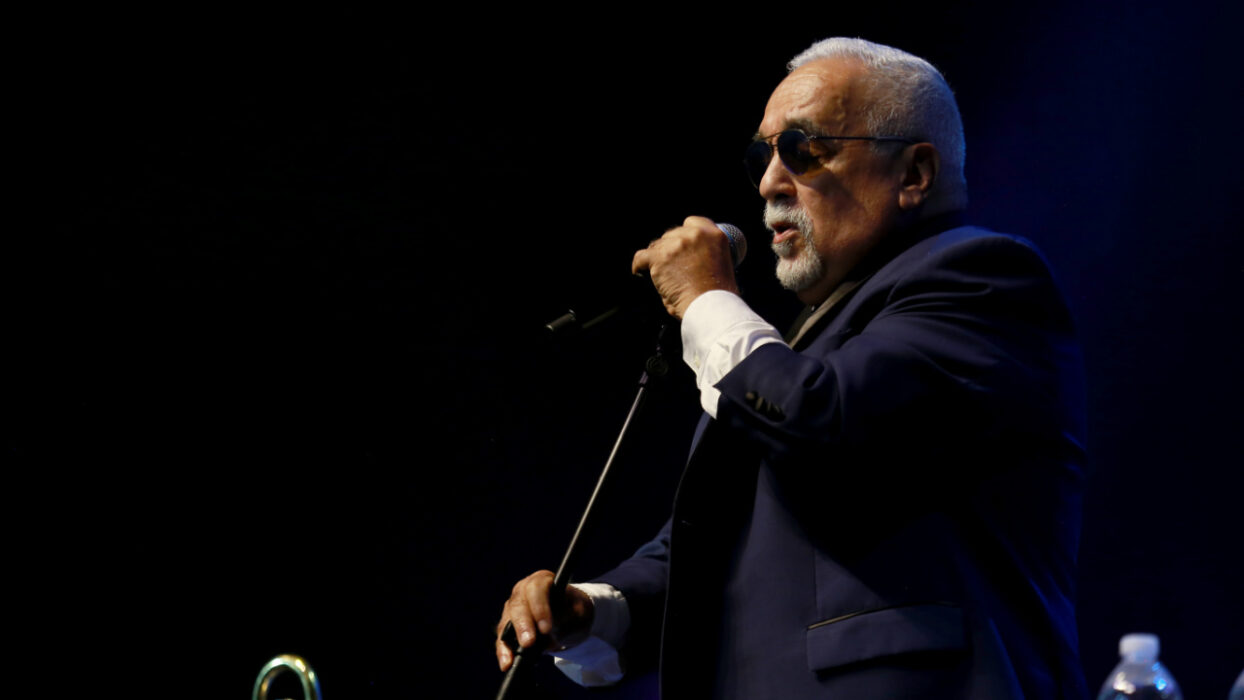
Who Was Johnny Rodriguez? Remembering the First Latino Star of Country Music
When news broke that Johnny Rodriguez had died at 73, the reaction was swift, emotional, and overdue. According to a statement posted by his daughter, Aubry Rodriguez, the country music legend passed away peacefully on May 9, surrounded by family. He had recently entered hospice care.
Rodriguez wasn’t just another voice in the country charts. He was the first Mexican-American artist to break into the genre’s white-dominated mainstream. In the early 1970s, when country radio had never heard a twang like his, Rodriguez brought bilingual lyrics, Tejano inflections, and a new kind of cowboy narrative straight from South Texas to the top of the Billboard charts.
A Ranger Discovered Johnny Rodriguez in Jail—and Country Music Would Never Be the Same
Rodriguez’s rise was the stuff of folklore. As multiple outlets reported, the Sabinal, Texas-born singer was 18 when a Texas Ranger heard him singing in jail. The Ranger introduced him to promoter “Happy” Shahan. From there, Rodriguez’s trajectory was rocket-fueled. By 21, he was in Nashville with $14 in his pocket and a guitar in hand.
Mercury Records signed him almost immediately. And his 1972 debut single, “Pass Me By (If You’re Only Passing Through),” hit No. 9 on the Billboard country chart. He followed with a string of hits, including six No. 1s like “Ridin’ My Thumb to Mexico,” “You Always Come Back to Hurting Me,” and “That’s the Way Love Goes.”
Johnny Rodriguez Changed What Country Music Could Sound Like
Rodriguez’s sound blended outlaw country with Mexican folk storytelling, often incorporating Spanish lyrics. In Ken Burns’ PBS documentary Country Music, Rodriguez said, “Mexican music and country music said almost the same thing, just in different languages.” His influence ran deep. He was inducted into the Texas Country Music Hall of Fame in 2007. He also received the Institute of Hispanic Culture’s Pioneer Award in 2010.
The singer was known for infusing his sets with humor, humility, and a storyteller’s heart. As his daughter wrote in her tribute, Rodriguez was “a deeply loved husband, father, uncle, and brother whose warmth, humor, and compassion shaped the lives of all who knew him.”
Johnny Rodriguez Faced Struggles—And Still Kept Going
Like many artists of his era, Rodriguez’s career was marked by both triumph and personal hardship. He battled addiction, switched labels, and in 1998, was charged with murder after fatally shooting a man he believed was an intruder. He was acquitted in 1999 and resumed performing, eventually releasing a live album in 2012.
Despite the setbacks, Rodriguez continued touring into his seventies, playing shows across the U.S., Canada, and Europe. He performed at Carnegie Hall and the Ryman Auditorium and remained beloved by fans of traditional and Tejano country alike.




